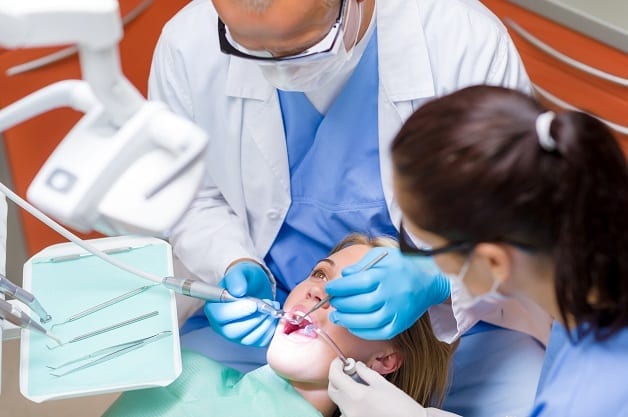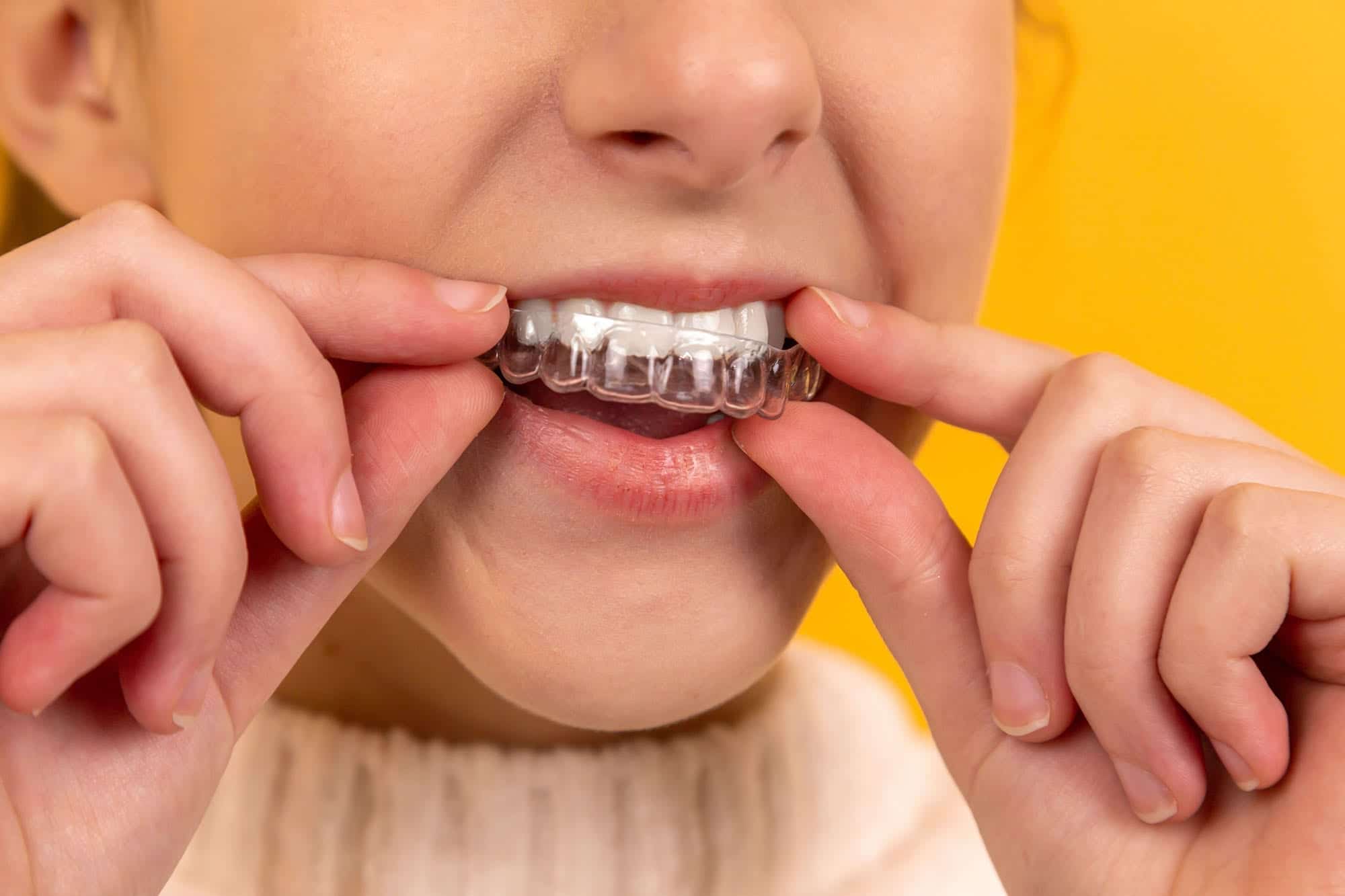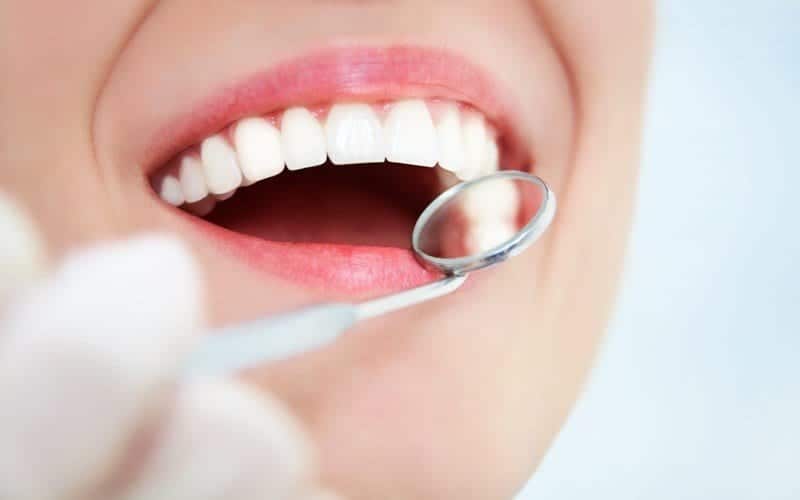Don’t be upset when your dentist says that a dental cleaning is not enough to take care of your dental issues. No, your dentist isn’t trying to fleece money off of you by doing root planing when a perfectly good prophylaxis treatment would’ve sufficed. Few dentists ever recommended planing over cleaning anyway.
It’s understandable why you’d have reservations in regards to doing root planing since few people know what it is and you want to save as much money (or dental coverage) as possible. It’s perfectly understandable for you to feel skeptical. However, you should reserve skepticism and get a healthy dose of knowledge instead, to know whether or not a root planing procedure is necessary.
What Is Root Planing Anyway?
Root planing, scaling, or debridement is a time-consuming yet therapeutic procedure (which means it’s designed to heal) for the sake of toxin and bacteria removal from the root surfaces of your teeth rather than cleaning just the exterior of your teeth that you can deal with through traditional brushing or the prophylaxis procedure.
Cementum is the hard part of the tooth that covers the root and right below it is dentin, which further covers the root. When both of these are damaged and bacteria seep to the root, it might get inflamed, thus necessitating a root canal or endodontic procedure. To avoid all this, a root debridement or planing might be called for.
Once you end up with periodontal disease, parts of the dentin and/or cementum will blacken and become diseased, leaving an unsightly mark on your teeth’s surface roots just above the gums. The calculus, tartar, or diseased cementum/dentin should be debrided or scaled to allow tooth healing to begin.
Dental cleanup isn’t enough to deal with periodontal disease (of the gum and jawbone), but root planing reaches deep enough to remove any toxic material deep into the tooth surface’s very roots. It specifically takes away the rotted portions of your tooth root surface to allow them to heal and go back to normal.
Once the toxins are removed through planing, your body’s immune system will take care of the rest by healing the damaged portions of your gums and teeth after toxicity has been reduced and your periodontal disease has been treated. Your teeth won’t heal as long as there’s tartar or calculus on the surface of your teeth’s roots.
In short, root planing is needed whenever you suffer from periodontal disease. In many ways, it can serve as complete treatment of the issue. If your periodontal disease has advanced to the later stages of development, then debridement might still be called for to prep your mouth for surgery.
Expectations and Realities
A regular teeth cleaning or prophylaxis procedure will not be enough to remove diseased parts of your cementum and/or dentin. It’s mostly done to make your enamel whiter and stronger, like a more detailed and comprehensive tooth brushing with the assistance of a dental professional.
You need to treat some early to middle stages of periodontal disease with root debridement so that the disease won’t spread all the way to your tooth root, resulting in its exposure to toxins and bacteria and necessitating killing the tooth with an endodontic or root canal procedure to save it.
Thantakit International Dental Center is Thailand’s longest established dental center. Situated in Bangkok, our clinic is renowned across the world as a destination for world-class dentistry, with most of our patients flying to us from Australia.
Please contact us today and get a FREE dental consultation.













